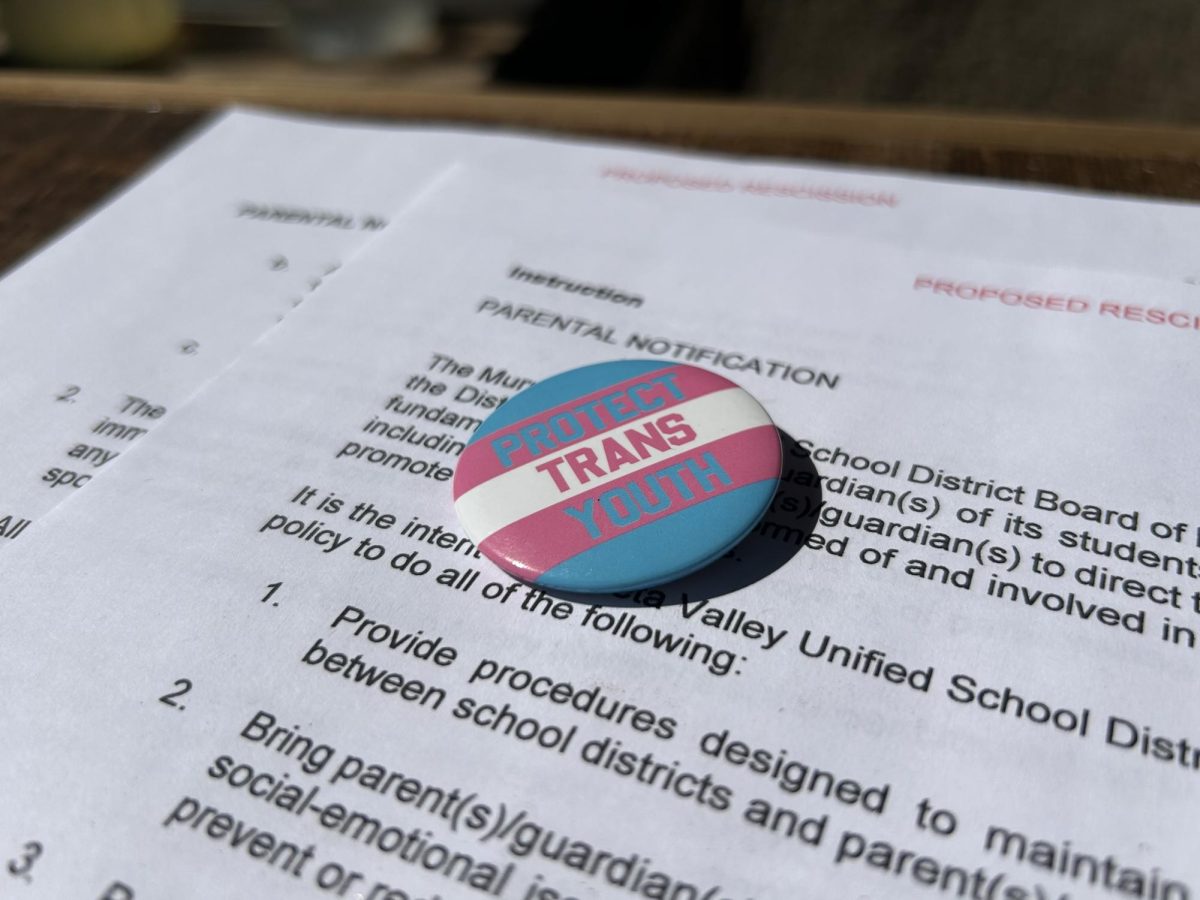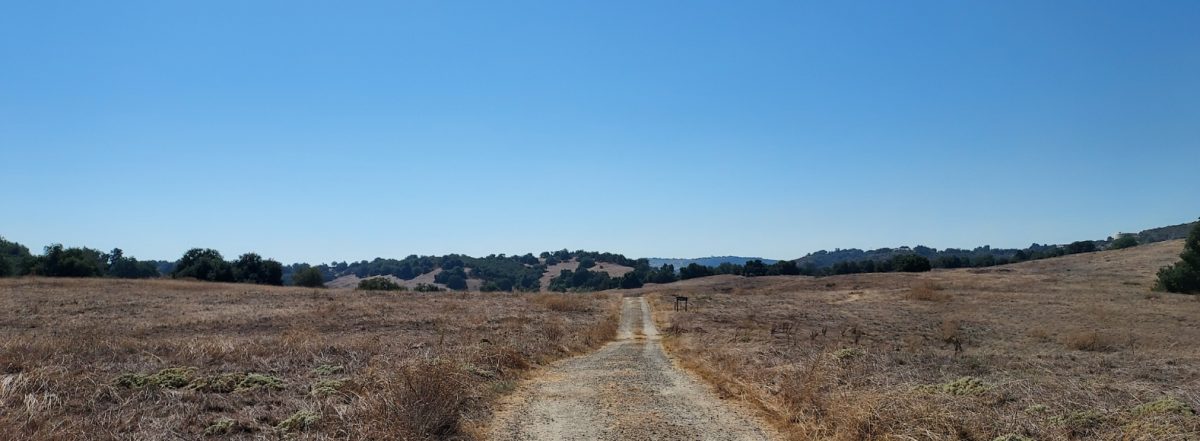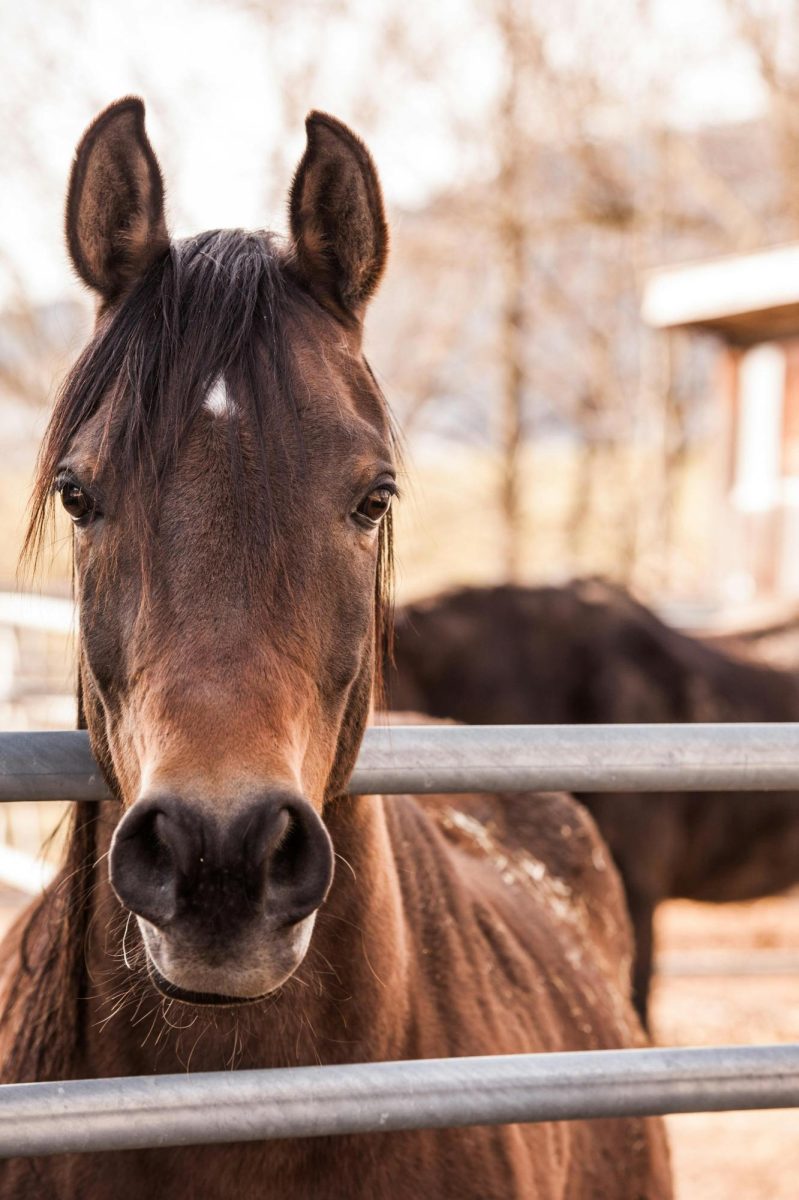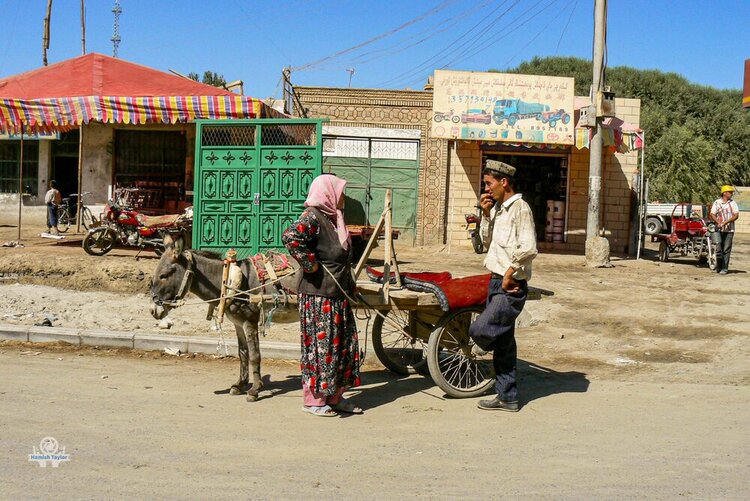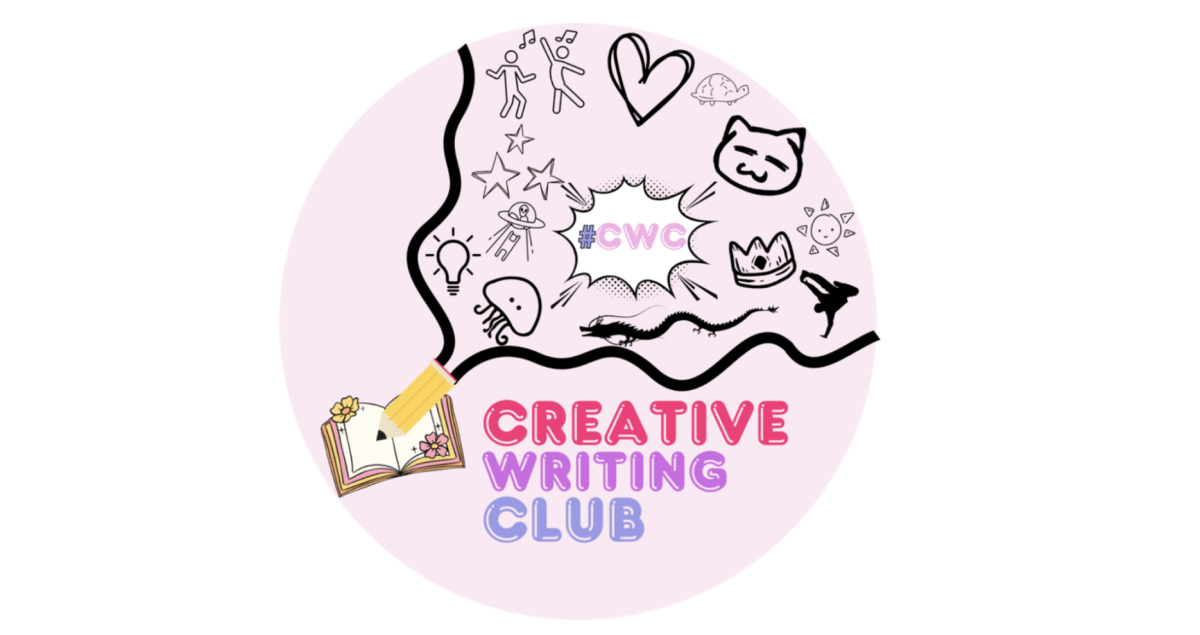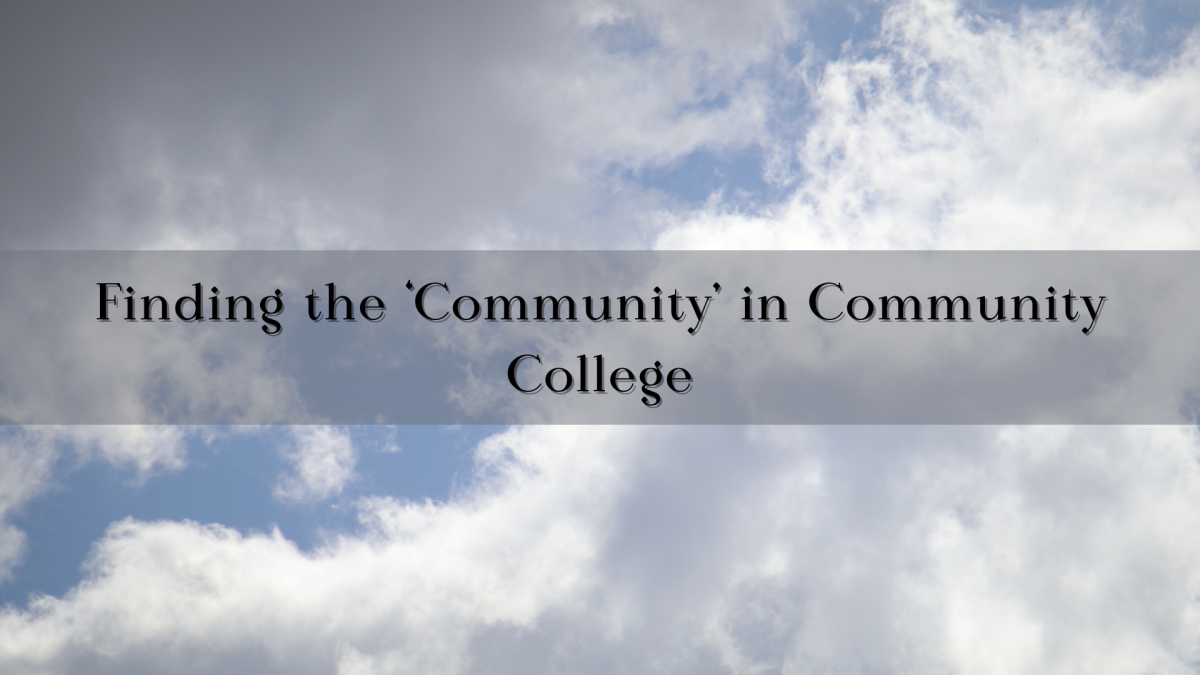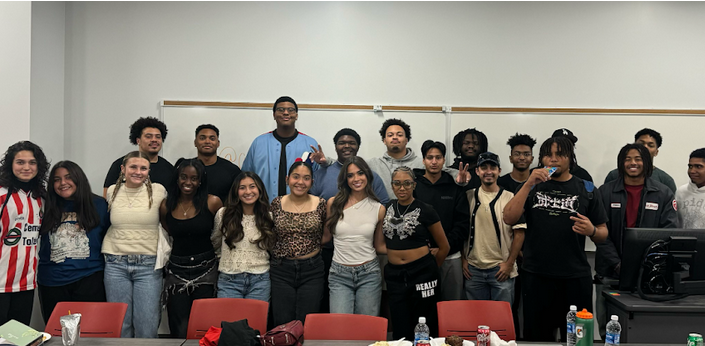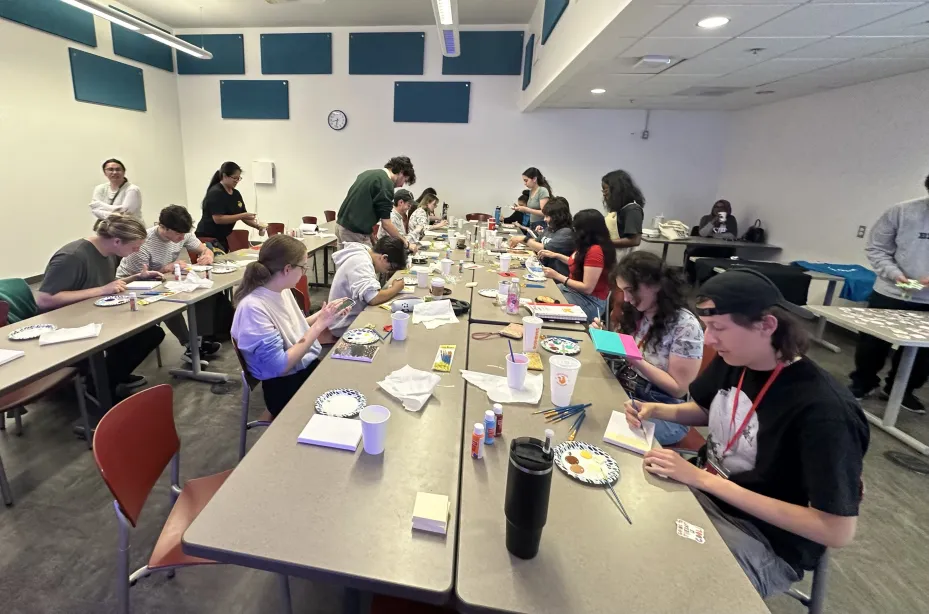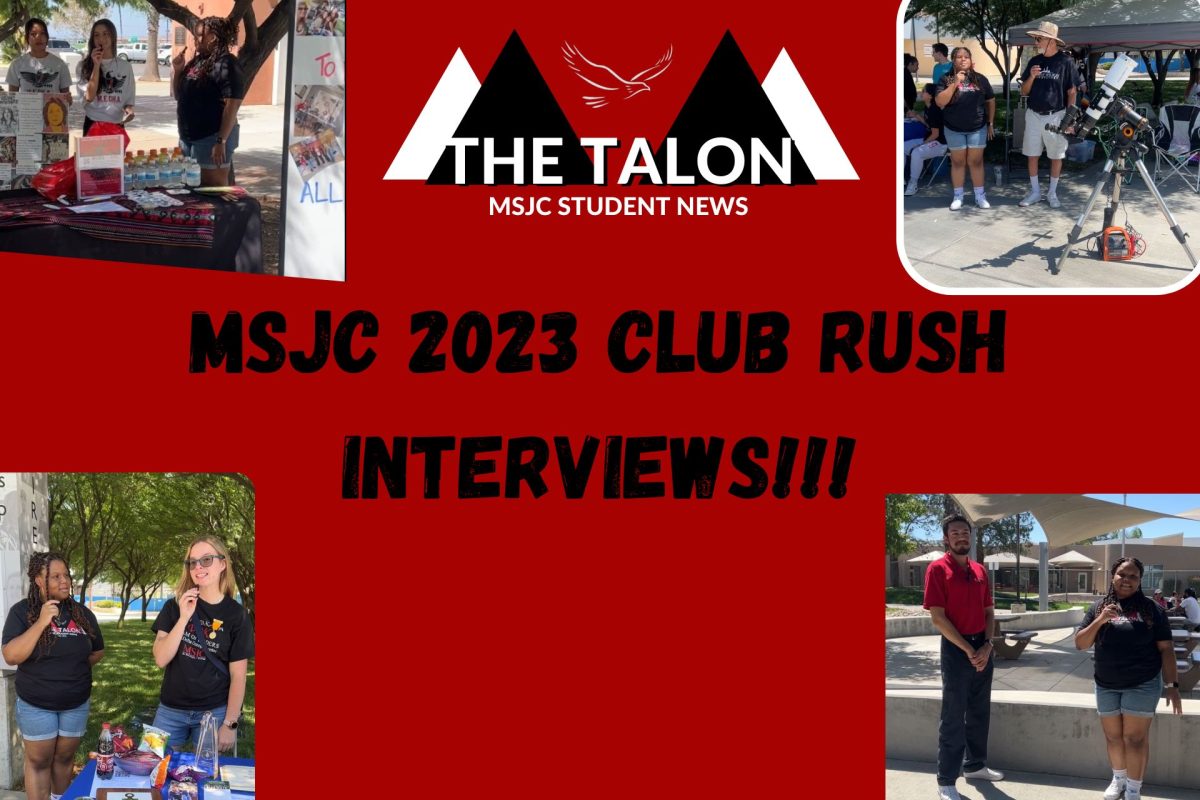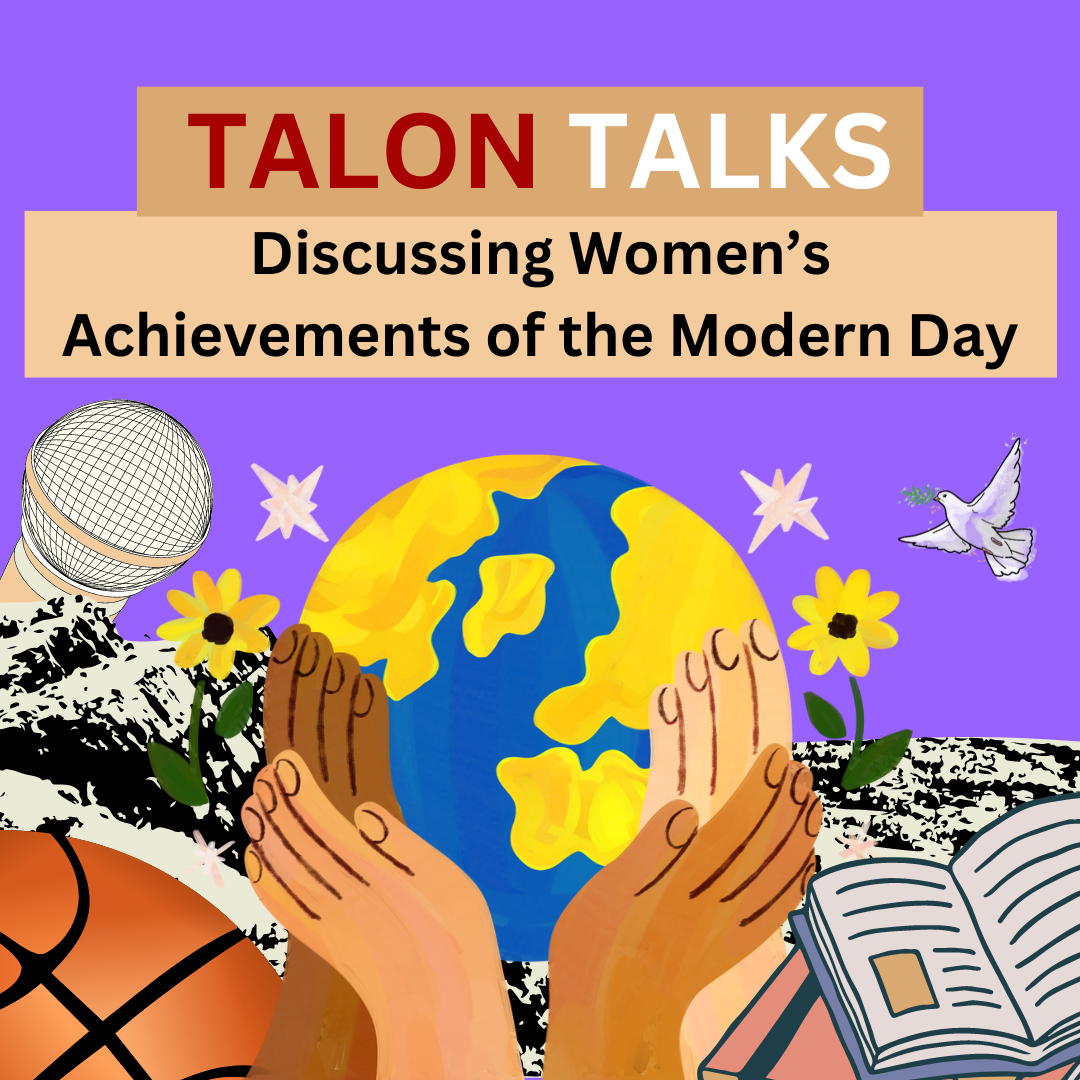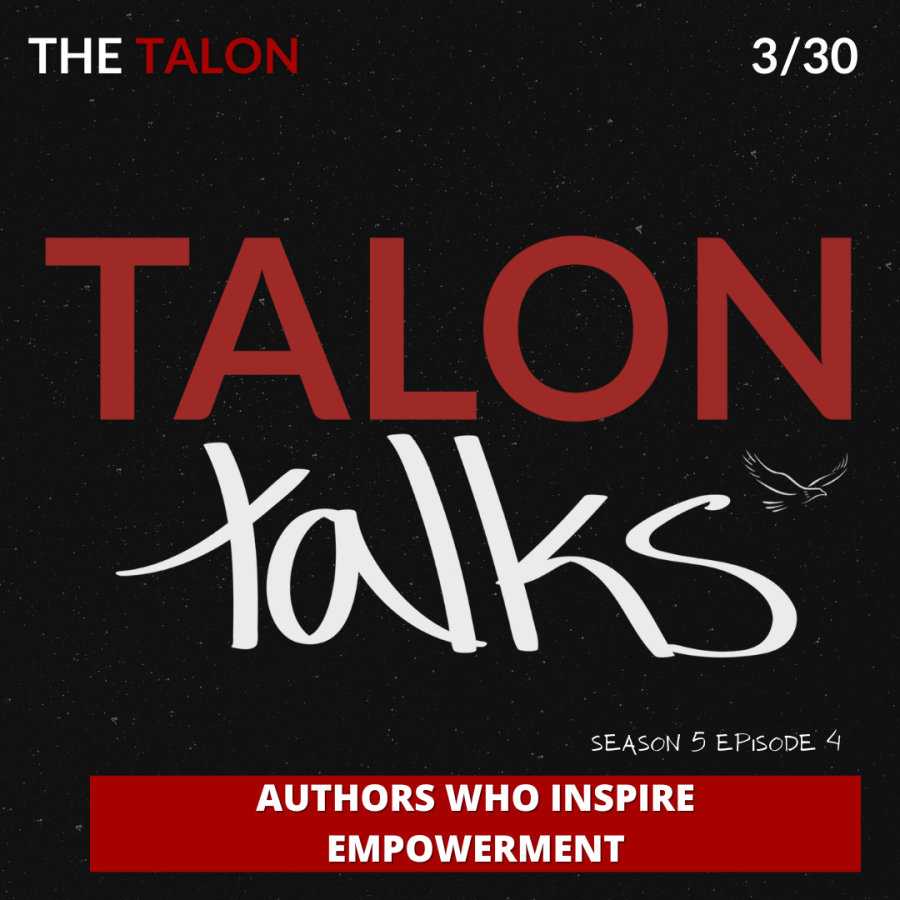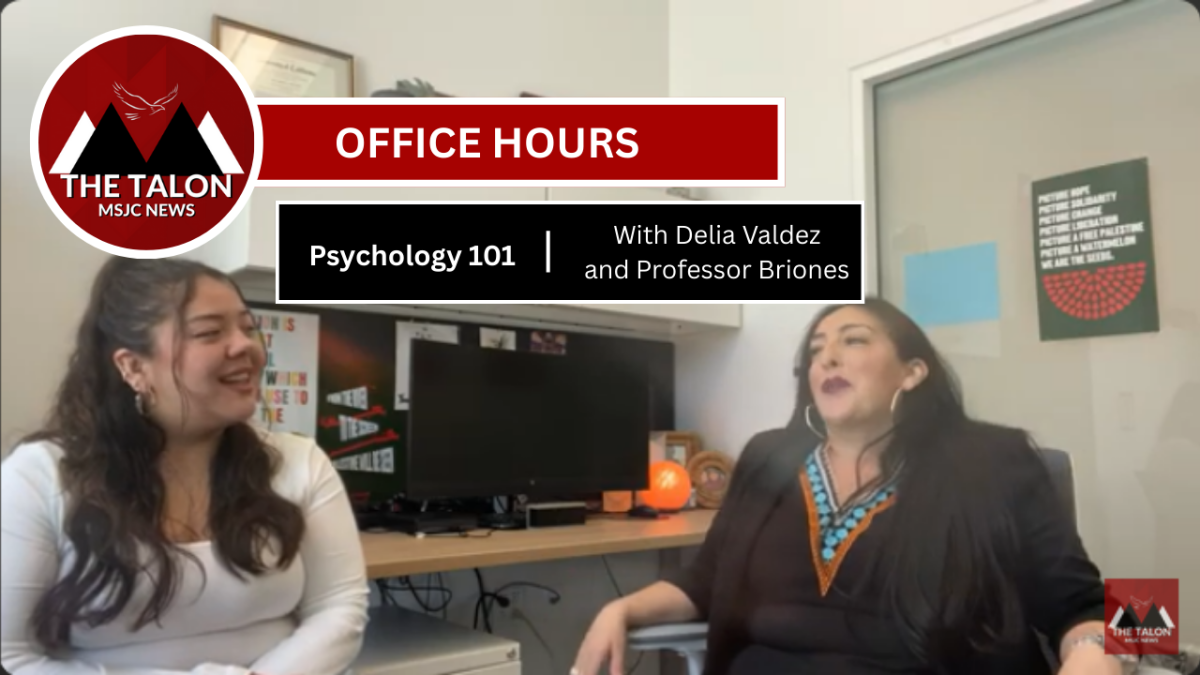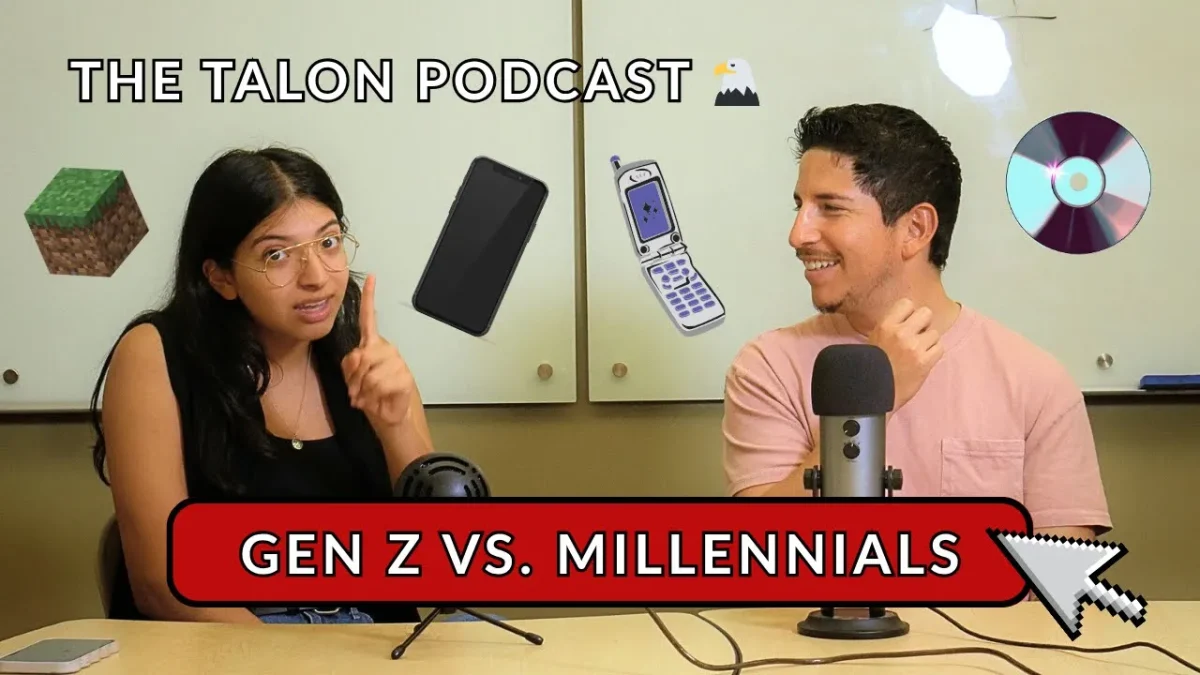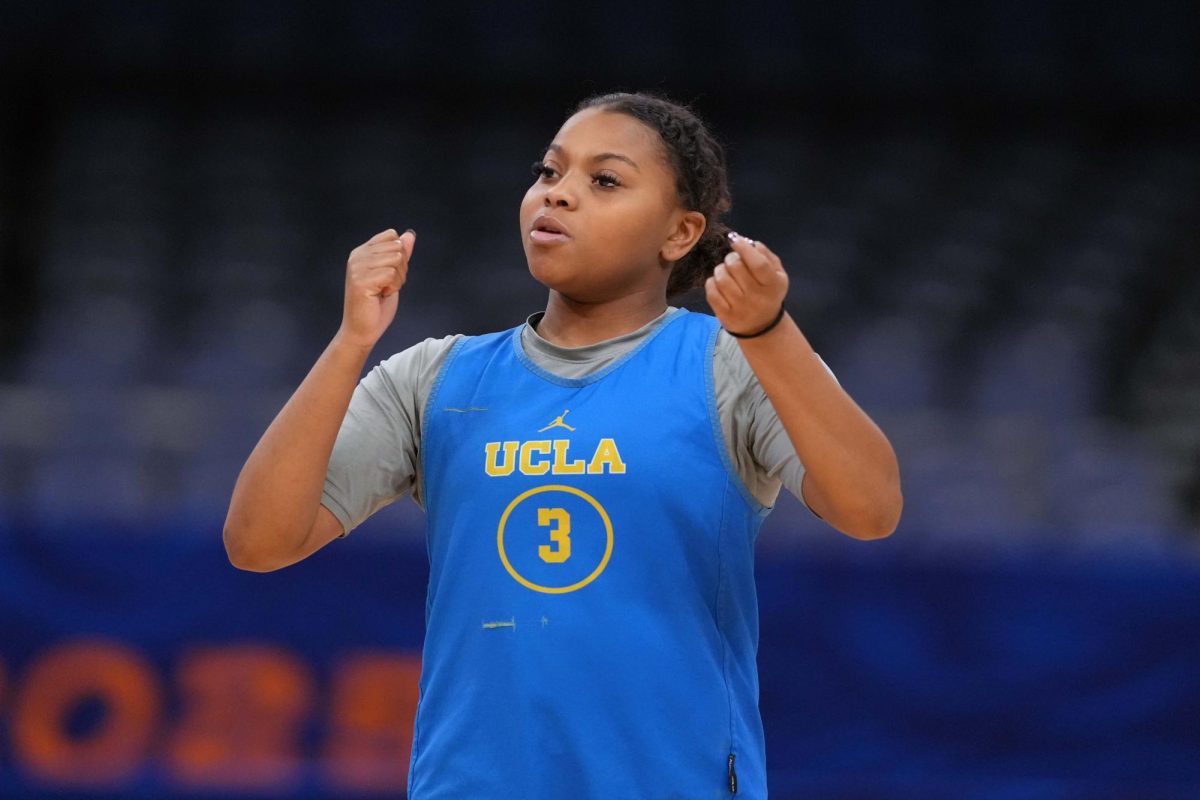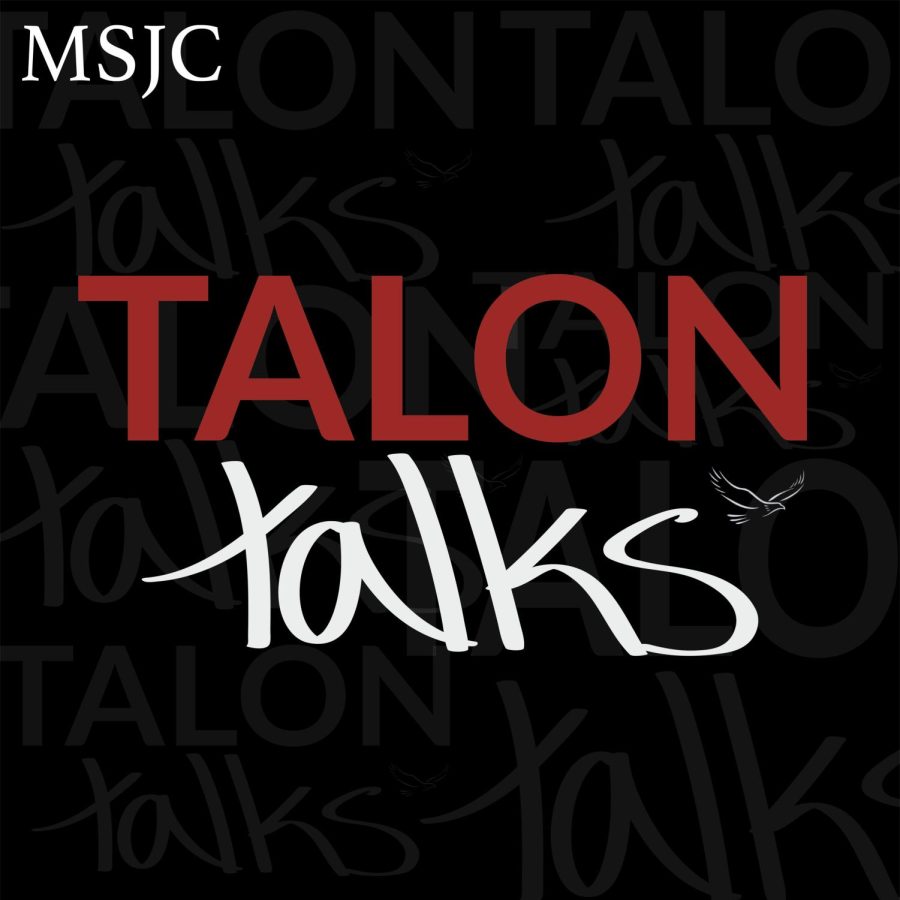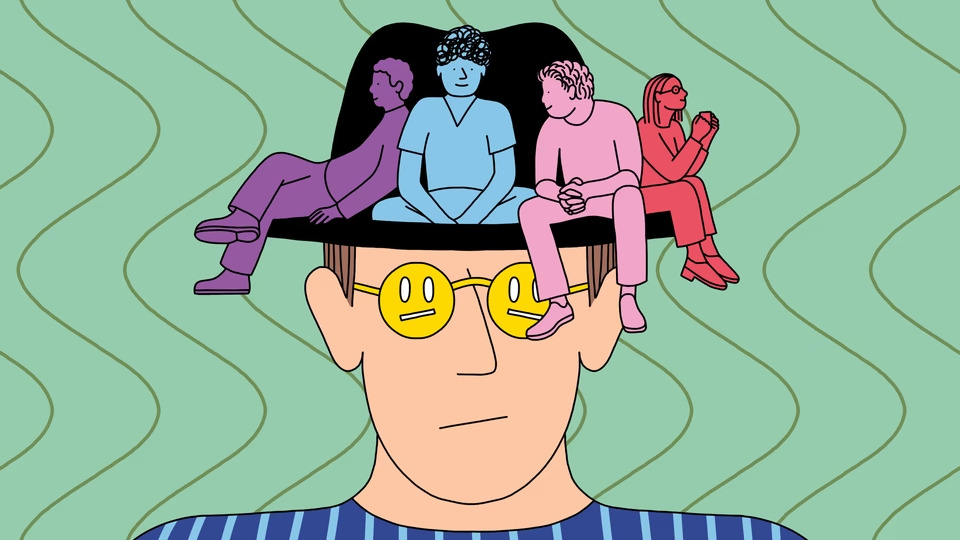The Nature vs. nurture debate is very important today as it affects parenthood, relationships, stereotypes, and education. “Nature” refers to what a person has at birth, while “nurture” refers to the conditions in which a person is raised. This is often understood as ‘nature’ refers to a person’s genes, while “nurture” refers to their environment. With several additional sources in this article, one can make several inferences about why and how the nature vs. nurture debate carries much significance.
The Nature vs. Nurture debate affects society now and, in the future because nature and nurture are the two sources of variation on Earth: environment and genes. Both seem to play a vital role in human development. Things like behavioral development, IQ, academic ability, height, and weight, could be nature or nurture, and all of which have changed over time as we have evolved as humans. One can infer from this that nature and nurture must influence evolution; because it affects evolution, it must affect society, given that we are still evolving today.
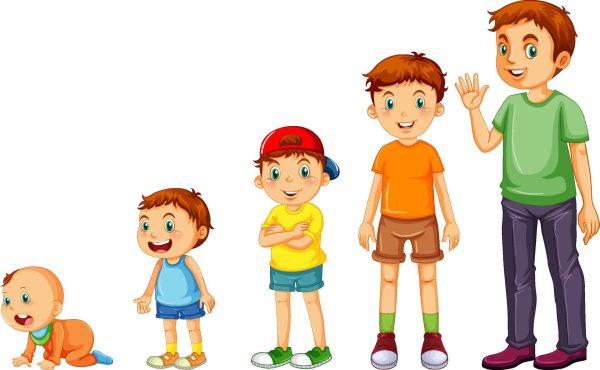

The Nature V.S. Nurture debate also affects parenthood, relationships, and our school community. For example, kids that go to a certain school may have had siblings who acted differently than they do at that school. In an interview with college student Emily Czech, I asked her if she had siblings. She said yes: an older brother, five years older, and a twin sister. I then asked if she was a good or bad kid in her school days. She said, “My brother, thankfully, was a model student, but I wasn’t. And I didn’t really have to be. Because of his example, teachers often gave me the benefit of the doubt. My twin was also a model student, but teachers definitely thought she wouldn’t be because of me.”
This shows that if your sibling is a troublemaker or a good kid, teachers often assume that you are a troublemaker when you’re not or a good kid when you’re not because of nature or genetics. In reality, nurture could have affected you to act differently and not conform to expectations because you were raised differently than your siblings. An example of the Nature vs. nurture debate affecting parenthood and relationships can be seen and analyzed in the new Netflix show, “Dahmer – Monster: The Jeffrey Dahmer Story”; after finding out about Jeffrey’s murderous tendencies, his mother and father go back and forth bickering over who is to blame for it. His mother, Joyce, blames his father, Lionel, for the taxidermy Jeffrey and his father often did together in the garage.
In contrast, Lionel blames Joyce for leaving Jeffrey to fend for himself after their divorce when Jeffrey was only seventeen years old. This put much strain on Lionel and Joyce’s relationship, more strain than was already there. When Lionel presses Jeffrey about why he might have done what he did, Jeffrey himself describes his tendencies as “compulsions.” He also says, “Remember when you used to take me to go and find roadkill? We’d cut ’em up?” Lionel interrupts him, saying, “Oh no, no, it’s not my fault! I didn’t do this! I was a good Dad to you!…I didn’t do this!” (Murphy, 2022).
As soon as Jeffrey loses his case and is sentenced to 900+ years in prison, Lionel apologizes, saying, “It’s me. I did this to you. Your fantasies about killing people and stuff? I should have made you feel like you could tell me about that stuff…because I had those same feelings. I gave you that part of me. I never really helped you enough when you needed it…you didn’t feel safe…I’ll never forgive myself!” (Murphy, 2022).
This highlights the importance of the debate in regard to parenting and relationships because through finding a potential solution to the debate, parents can know how they can better cater to their child’s needs. In the final episode, the parents are even told that they could potentially study Jeffrey’s brain to possibly figure out why he is the way he is. Joyce wanted to have the brain studied, while Lionel did not. He was trying to respect Jeffrey’s wishes to be cremated. Joyce says, “We have a chance here, Lionel, to find out why he was the way he was! Was it something he was born with? Maybe there was a small tumor somewhere?” Lionel responds by saying, “I think each of us has our own idea about why Jeff was the way he was, don’t we?” (Murphy, 2022). This difference in opinion also emphasizes the strain and discourse the debate can have on relationships and parenting; it could have been the parents’ fault, how Jeffrey was born, or simply, as Jeffrey described it: “compulsions”; it’s entirely unclear!
The Nature vs. nurture issue extends to individual rights, stereotypes, and stigmas. Stereotypical information is enhanced when nurture is activated. Counter-stereotypical information diminishes stereotyping when nurture is activated. In contrast, those primed with nature evince stronger stereotyping when they encounter counterstereotypical information. This shows that priming nature leads individuals to attribute stereotype conformity to internal causes. Nurture accredits conformity to situational constraints. These results seem to suggest that when individuals are assessed based on their genes, conformity to stereotypical gender roles stems from internal insecurities. When evoked by the environment, conformity to stereotypical gender roles comes from the environment. It is really interesting to look at these results. They seem fairly straightforward, which is what we expect, but this is only the beginning of the debate.
There is controversy over whether a student’s achievements are due to their natural talent instead of the quality of their education. Those on the nature side of the debate believe students who perform poorly are just not meant to lead an academic life. More effort made by the student is not only pointless but torture for the student. For those on the nurture side, a failing student is a sign of a failing education system. To solve this controversy, we must look past education v.s. individual talent and assess the broader topic of individual reactions to a range of educational environments; we must ask ourselves: what is the function of education, and is it even important?
Education began in the mid-17th century to turn children into good Puritans and create better workers. Today, the function of education is different. It has different goals and serves a different purpose for everyone. For example, more than 30 million children are growing up in poverty…Children living in poverty have higher absenteeism or leave school altogether because they are more likely to have to work or care for family members, and lack the resources or awareness needed to survive or improve their quality of life.
So, if these children were to receive education, it would be of great value to them. However, children who can afford education and have been going to school for years as a legal requirement go to a version of school that teaches about different cultures and the history of the world, math, other languages, and religion, and even offers electives or subjects, from which students can choose to learn. The function of education goes beyond the goals of early education for these children. Its function is to teach them about the different subjects offered to them, expand their minds on those subjects, and get them to think about them more logically, carefully, and intelligently.
As a result, these children have a different way of thinking about education. In an interview with a Temescal Canyon High School Junior who wished to remain anonymous, they dmitted that they only really care about school because it’s where they can do their sport and talk with their friends. When it came to the classroom, they struggled to absorb anything taught to them because they didn’t really care about it.
Education does not benefit this particular student and students like them in the same way, so its function is irrelevant. Therefore, the function of education differs from and is less important to these children than the children who need it to live a better-quality life. While the children who can afford school undervalue it because they don’t see the correlation between learning in school and success, businesses’ primary reason to value education is that very thing. You rarely get a high-paying job if you don’t have a college degree today.
This shows the U.S. education system’s varying value in the perspectives of different groups of people. However, the function of education should be important no matter the perspective because there are benefits of education that students get besides learning what is taught to them. With more online education, students can learn how to work on a computer. With technology on the rise, this is a helpful tool. Learning to manage time and have an efficient work ethic has always been a benefit of education, but it is not necessarily rooted in its function. So, if education continues to have a different function and varying value in the perspectives of different groups of people, then there will be varying degrees of success within those groups. This means the education system is not the problem, nor are the students. Academic success for students is simply based upon every student’s perspective and the value that they believe education has for them.
In conclusion, The Nature V.S. Nurture debate is an important issue that covers a variety of topics and discussions, including but not limited to the traits of serial killers, why they do what they do, relationships, stereotypes, and trauma. Killers like Jeffrey Dahmer pose intriguing questions about how the brain works and how genes express themselves externally. Jeffrey’s tendencies most likely arose from both genes and environment (how they were raised). The same is true for other human characteristics; most, if not all, human characteristics result from both nature (environment) and nurture (genes).
References
“11 facts about education and poverty in America”. (2018). https://www.dosomething.org/us/facts/11-facts-about-education-and-poverty-america
Grabowski, Adam, and Philip Broemer. “Nature vs. Nurture and the Flexibility of Gender Stereotypes: Counterstereotypical Information Can Both Diminish and Enhance Ingroup Stereotyping.” Polish Psychological Bulletin, vol. 49, no. 2, June 2018, pp. 251–61. EBSCOhost, https://proxylib.msjc.edu:2098/10.24425/119493.
Gray, Peter. “A Brief History of Education.” Psychology Today, Sussex Publishers, 20 Aug. 2008, www.psychologytoday.com/us/blog/freedom-learn/200808/brief-history-education#:~:text=The%20idea%20and%20practice%20of,century%20on%20into%20the%2019th.&text=In%20America%2C%20in%20the%20mid,turn%20children%20into%20good%20Puritans.
MARLEY, PAYNE, JACK. “Rethinking Nature and Nurture in Education.” Journal of Philosophy of Education, vol. 55, no. 1, Feb. 2021, pp. 143–66. EBSCOhost, https://proxylib.msjc.edu:2098/10.1111/1467-9752.12527
Murphy, Ryan. director. Dahmer – Monster: The Jeffrey Dahmer Story, Netflix, 2022
Petros, Timothy J. “Stranger in a Strange Land: Using Heterotopic Transplantations to Study Nature vs Nurture in Brain Development.” Journal of Experimental Neuroscience, vol. 12, Jan. 2018, p. 1. EBSCOhost, https://proxylib.msjc.edu:2098/10.1177/1179069518758656.










